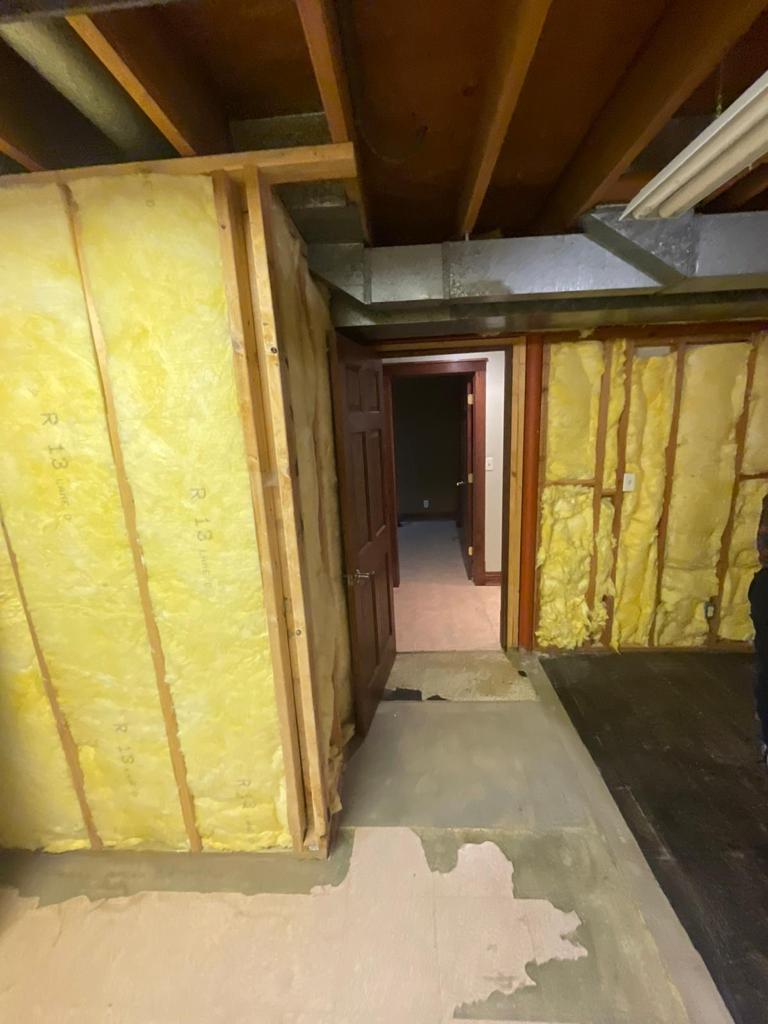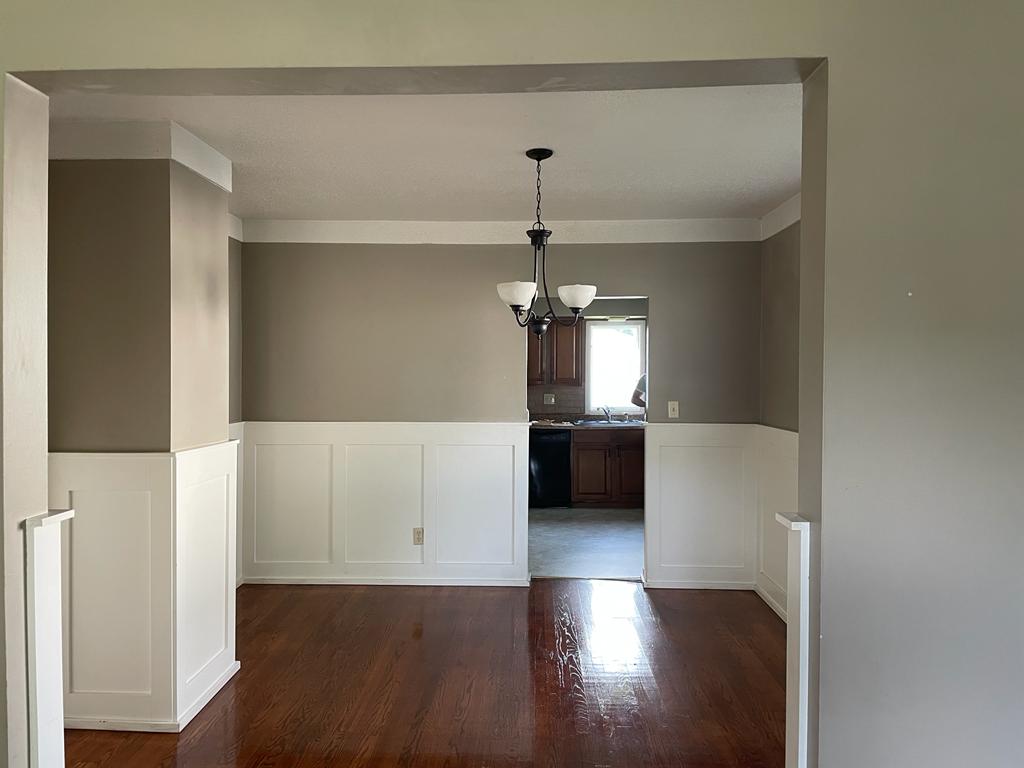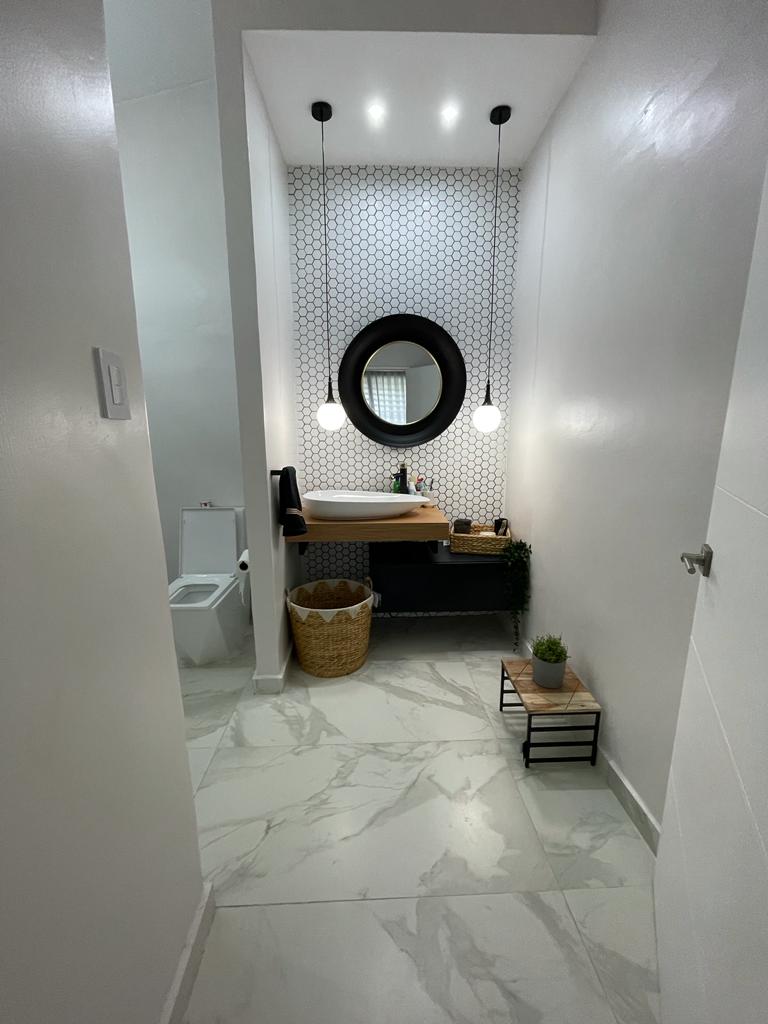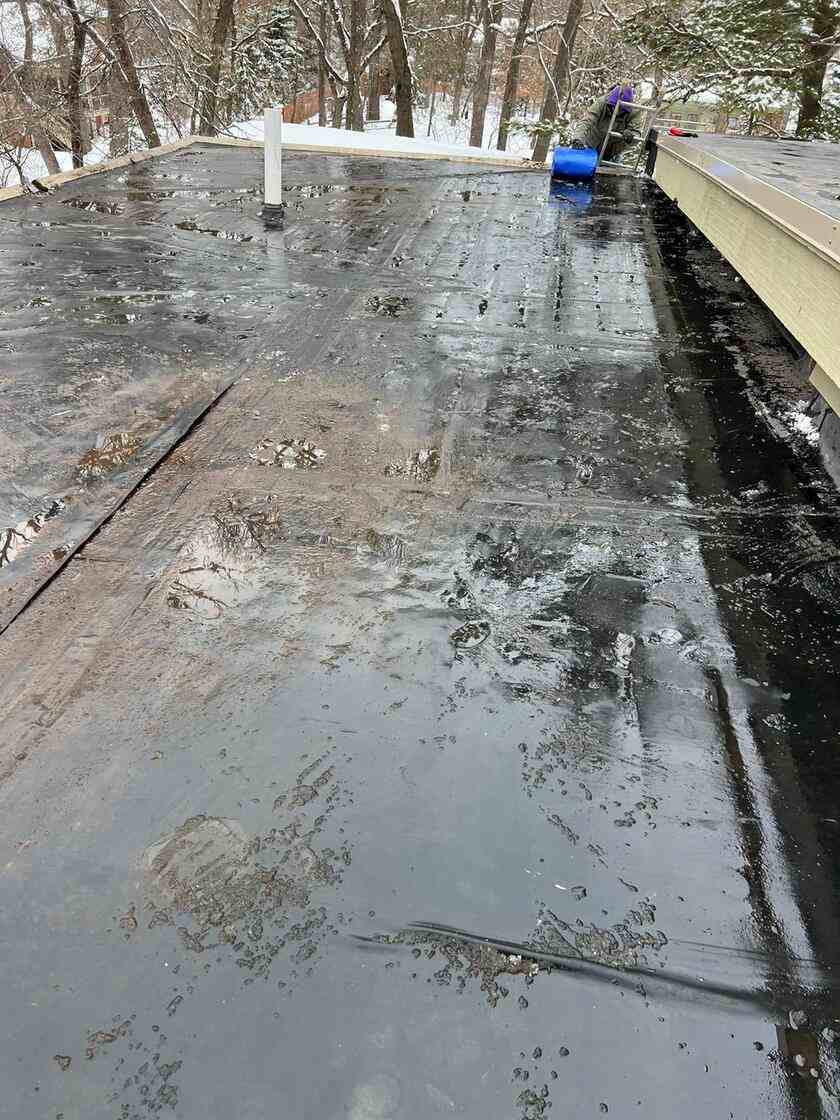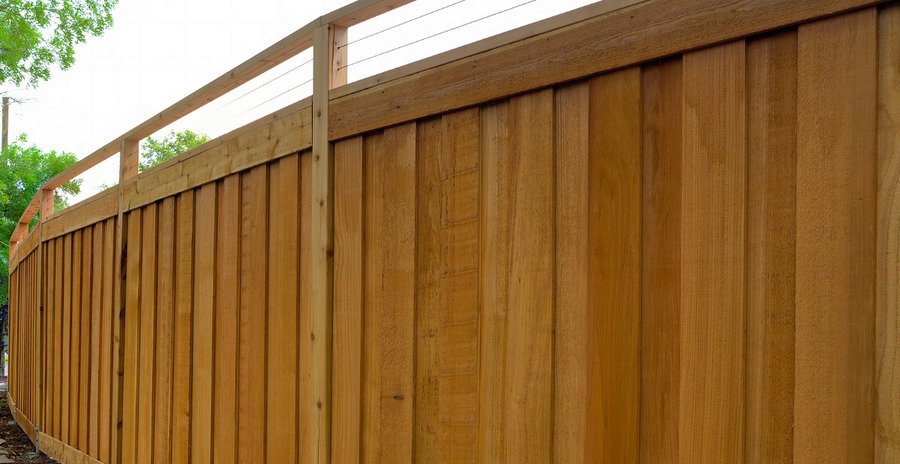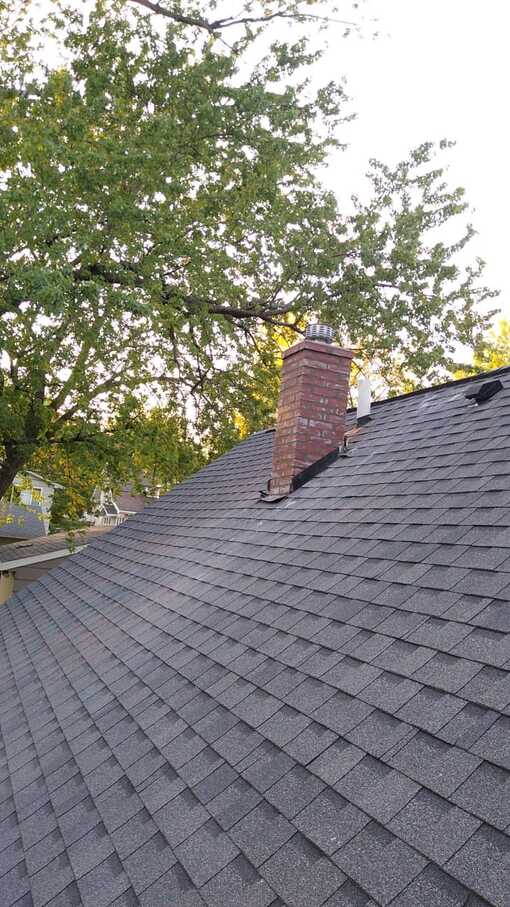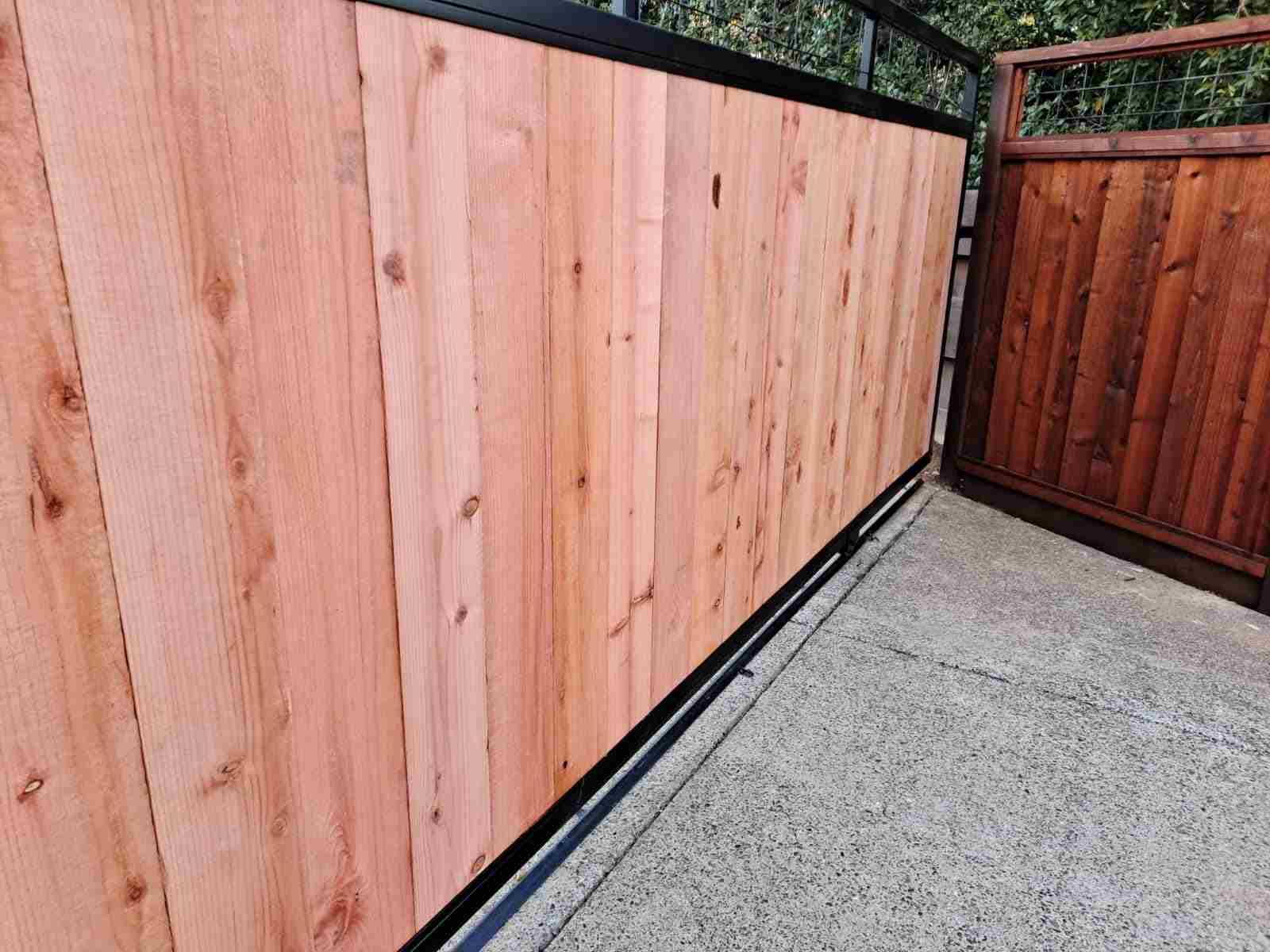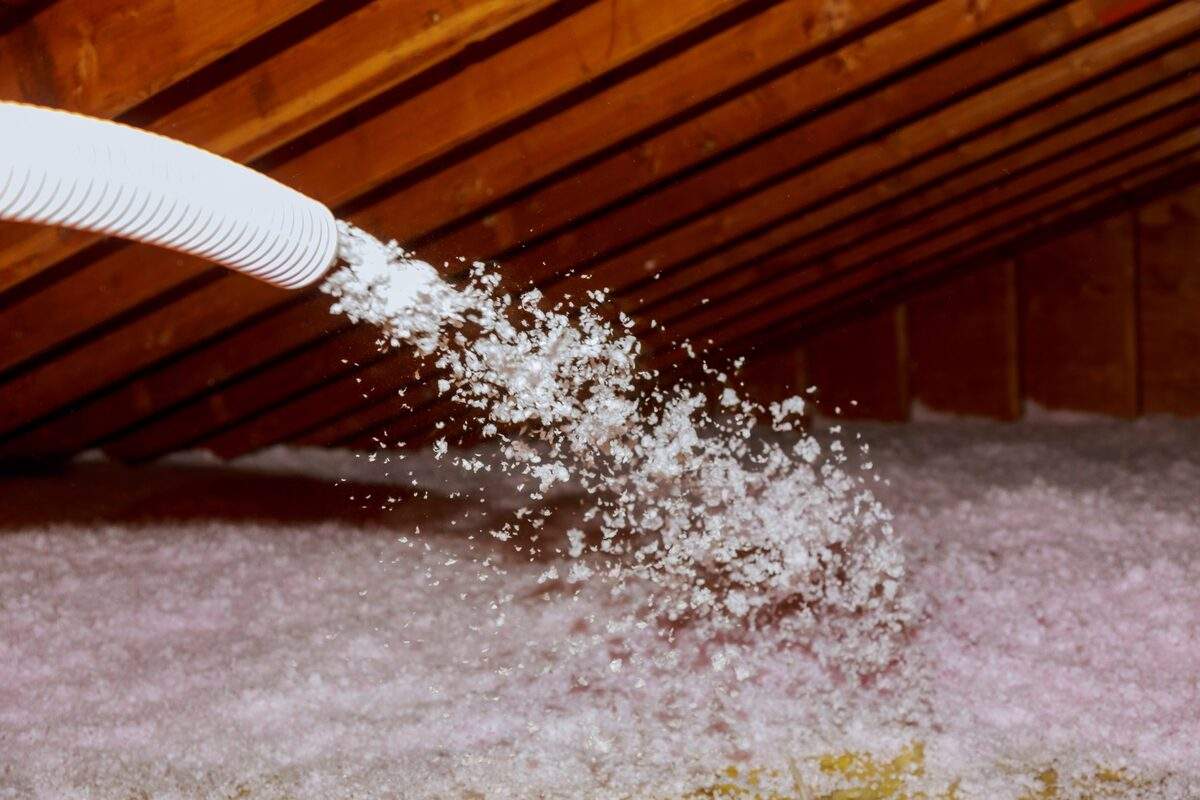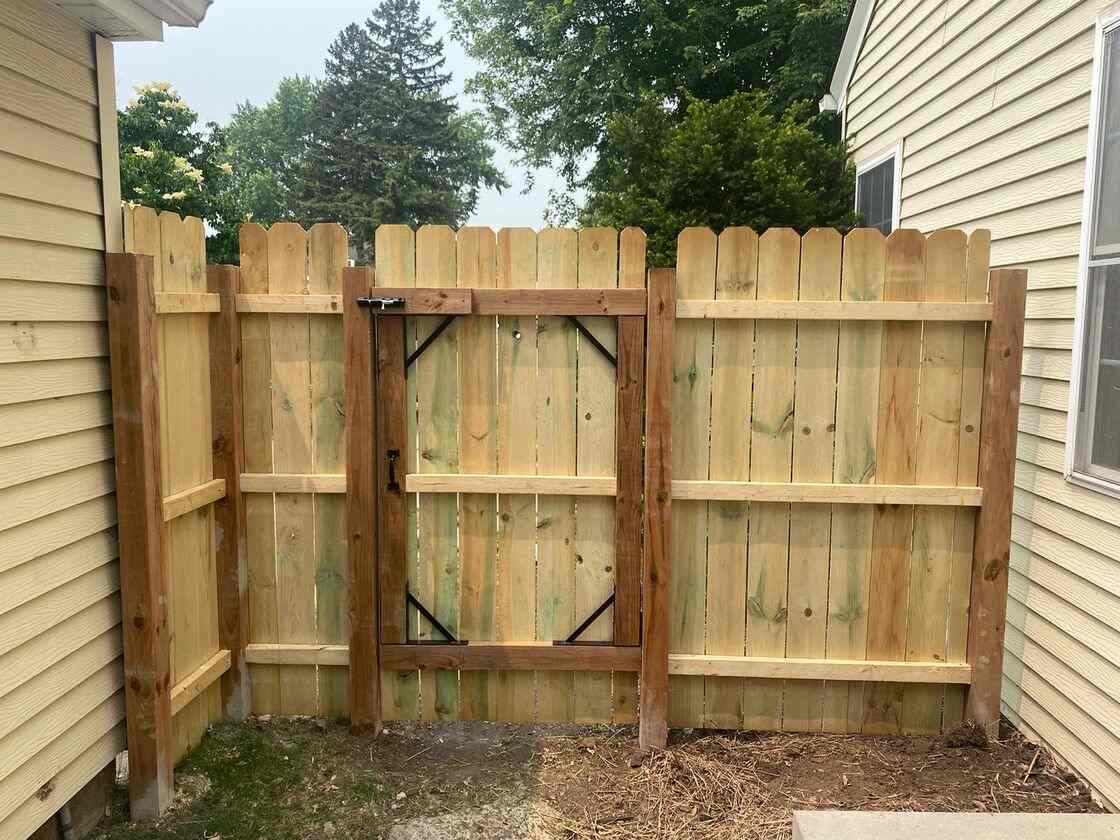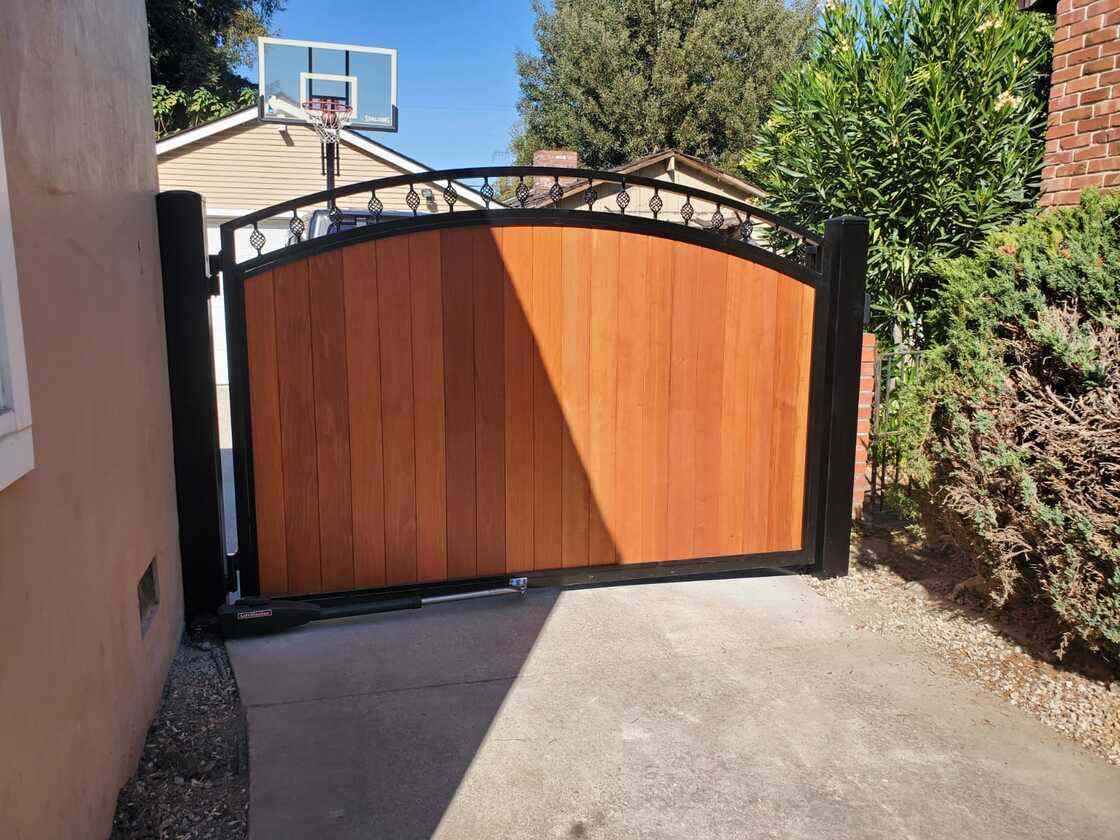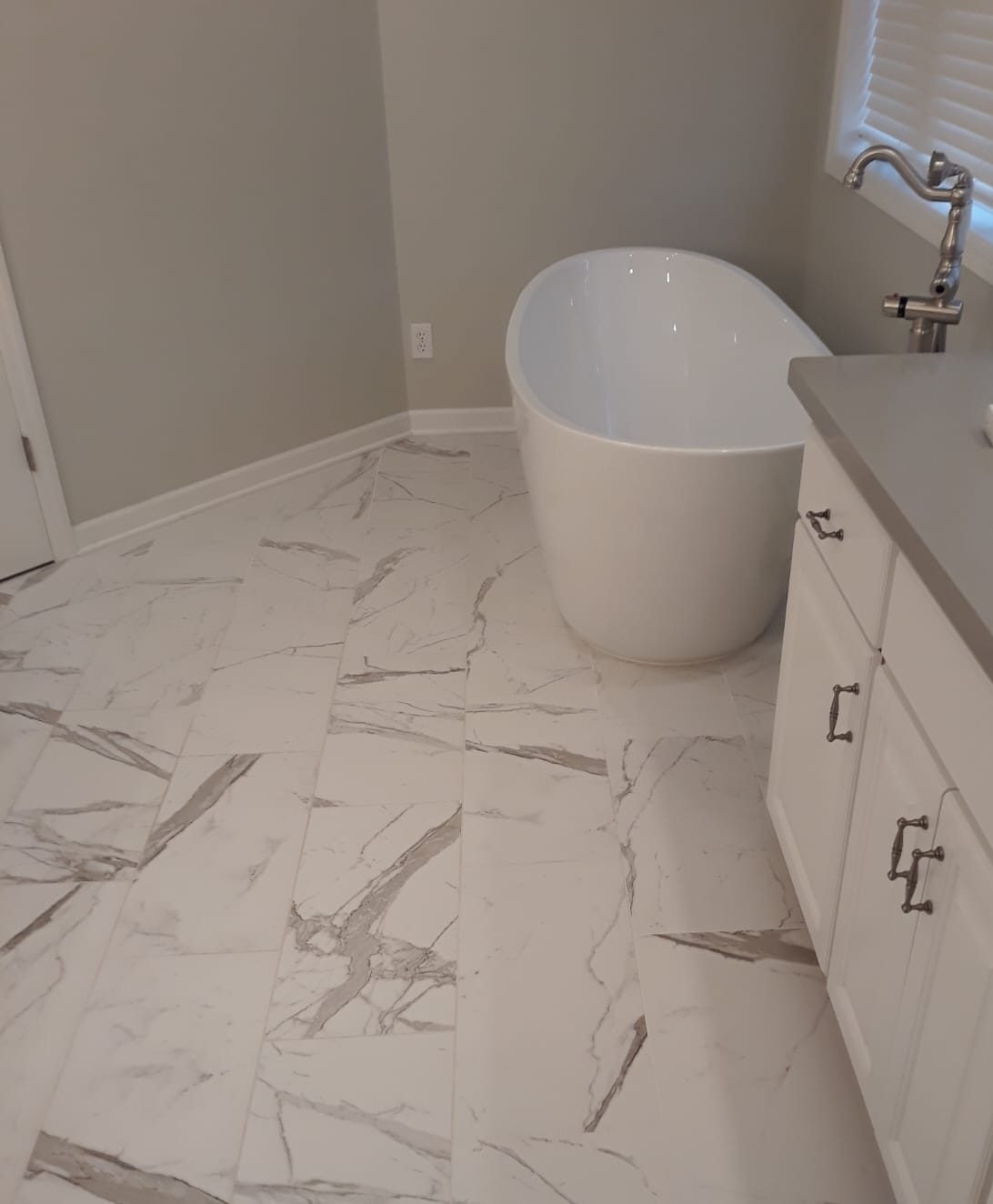Pros and Cons Unveiled: Deciding if External Wall Insulation is the Ideal Solution for Your Home
As a homeowner who has explored multiple insulation alternatives, I can appreciate the difficulty in deciding whether external wall insulation is the best option for your particular situation. In this article, I’ll delve into the advantages and disadvantages of external wall insulation and offer guidance to help you determine if it’s the optimal choice for your home.
Advantages of External Wall Insulation
I discovered numerous benefits of installing external wall insulation in my home, such as:
• Enhanced energy efficiency: External wall insulation decreases heat loss through the building structure, leading to reduced energy use for heating and cooling.
• Increased comfort: A well-insulated home maintains consistent indoor temperatures and minimizes drafts.
• Less condensation and dampness: Exterior insulation helps control wall temperature, preventing moisture accumulation and reducing the risk of dampness and mold growth.
• Noise dampening: Insulating exterior walls can reduce outside noise, resulting in a more peaceful indoor atmosphere.
Aesthetic improvement: External wall insulation can be finished with various materials and designs, boosting your home’s overall appearance.
Disadvantages of External Wall Insulation
Despite its benefits, external wall insulation also presents some drawbacks:
• Upfront cost: Installing external wall insulation can be costly initially, especially when compared to other insulation methods like cavity wall insulation.
• Planning permission and building codes: Depending on where you live, obtaining planning permission or adhering to specific building codes for external wall insulation might be required, which can be a complex and time-consuming process.
• Reduced living area: Adding insulation to the exterior walls may slightly decrease your home’s total living space.
• Maintenance and repairs: Over the years, external insulation might need maintenance, such as repainting or fixing damaged render, adding to long-term expenses.
Key Considerations When Choosing External Wall Insulation
To decide if external wall insulation is the best choice for your home, take the following factors into account:
• Building structure: Homes with solid walls or unconventional construction may benefit significantly from external wall insulation, while cavity wall insulation might be more suitable for homes with cavity walls.
• Weather conditions: Homes in colder climates or those exposed to harsh weather may gain more from the extra thermal protection provided by external wall insulation.
• Budget constraints: Although the initial cost of external wall insulation might be high, long-term energy savings could compensate for the investment. Evaluate your budget and consider the potential savings against the initial costs.
• Aesthetic preferences: If you aim to enhance your home’s exterior appearance, external wall insulation offers a chance to update the façade while increasing energy efficiency.
In conclusion, external wall insulation can be a viable option for your home if its advantages outweigh the disadvantages and if it meets your unique needs and budget. Reflect on the factors mentioned above and consult with a professional insulation installer to identify the most appropriate insulation solution for your home. By carefully weighing the pros and cons, you can make an educated decision on whether external wall insulation is the perfect choice for boosting your home’s energy efficiency, comfort, and curb appeal.

